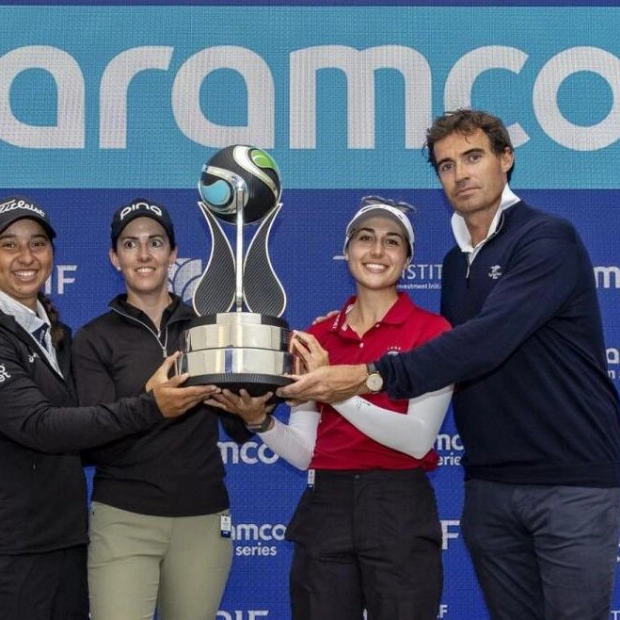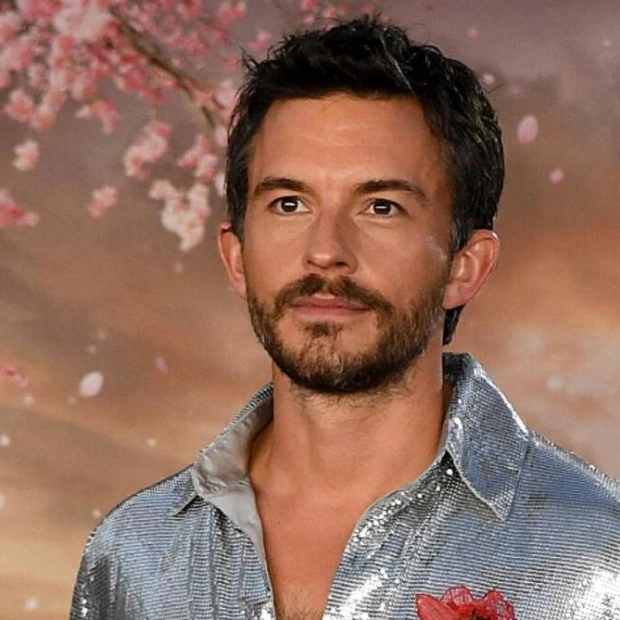Gen-Z typically exhibits a more open-minded and graceful approach to mental health compared to older generations, yet we are often labeled as the 'most depressed' generation. I have challenged this notion both in my writings and personal life, with older friends and family attributing it to our reliance on phones rather than the insights our devices provide about global issues. It's because Gen-Z and Millennials have dismantled the stigma surrounding mental health.
As medical attention for mental health issues increases, so does the likelihood of a diagnosis. Scientific, medical, and mental health advocacy communities continue to explore new methods for diagnosing, treating, classifying, and even curing mental health disorders globally, as the prevalence continues to rise. Data from the UK's National Health Service (NHS) revealed that between 1999 and 2017, the likelihood of children under 16 experiencing at least one mental disorder increased from 11.4 to 13.6 percent. A 2021 UNICEF report echoed these findings, noting that 13 percent of ten- to nineteen-year-olds worldwide have been diagnosed with a mental health disorder, with suicide being the fourth leading cause of death among young people aged 15 to 19.
Generally, teenagers and young adults are more susceptible to mental health issues, particularly anxiety and depression, due to brain changes during adolescence and the widespread instability in young people's lives. Factors such as moving away from home, managing schedules, work or schooling independently, and handling finances contribute to this stress. Experiencing any of these challenges often leads to intense anxiety.
The freedom to be honest sets us apart. Unlike past generations who had to convince themselves that nothing was wrong, or that they were crazy or weak, we don't face such self-doubt. I can recall moments when I neglected my medication or should have opted for a healthier meal. Among my friends, it's common to know someone who has tried therapy or is in the process of healing. At my age, it's rare to find someone who hasn't at least attempted to understand their mental well-being, recognizing the importance of maintaining a healthy mind.
Despite the chaos of the world and the complex nature of the human mind, efforts to address the root causes of mental health issues often struggle. Funding tends to focus on intervention rather than prevention, and young people's responses like SLOW, quiet quitting, and tang ping in China are dismissed as defying the competitive culture imposed by older generations. Few from the older generations grasp that my mental health is paramount to me, outweighing any value my boss seeks to add or the work I produce to please superiors.
It all begins with mental health. Who could have guessed?






